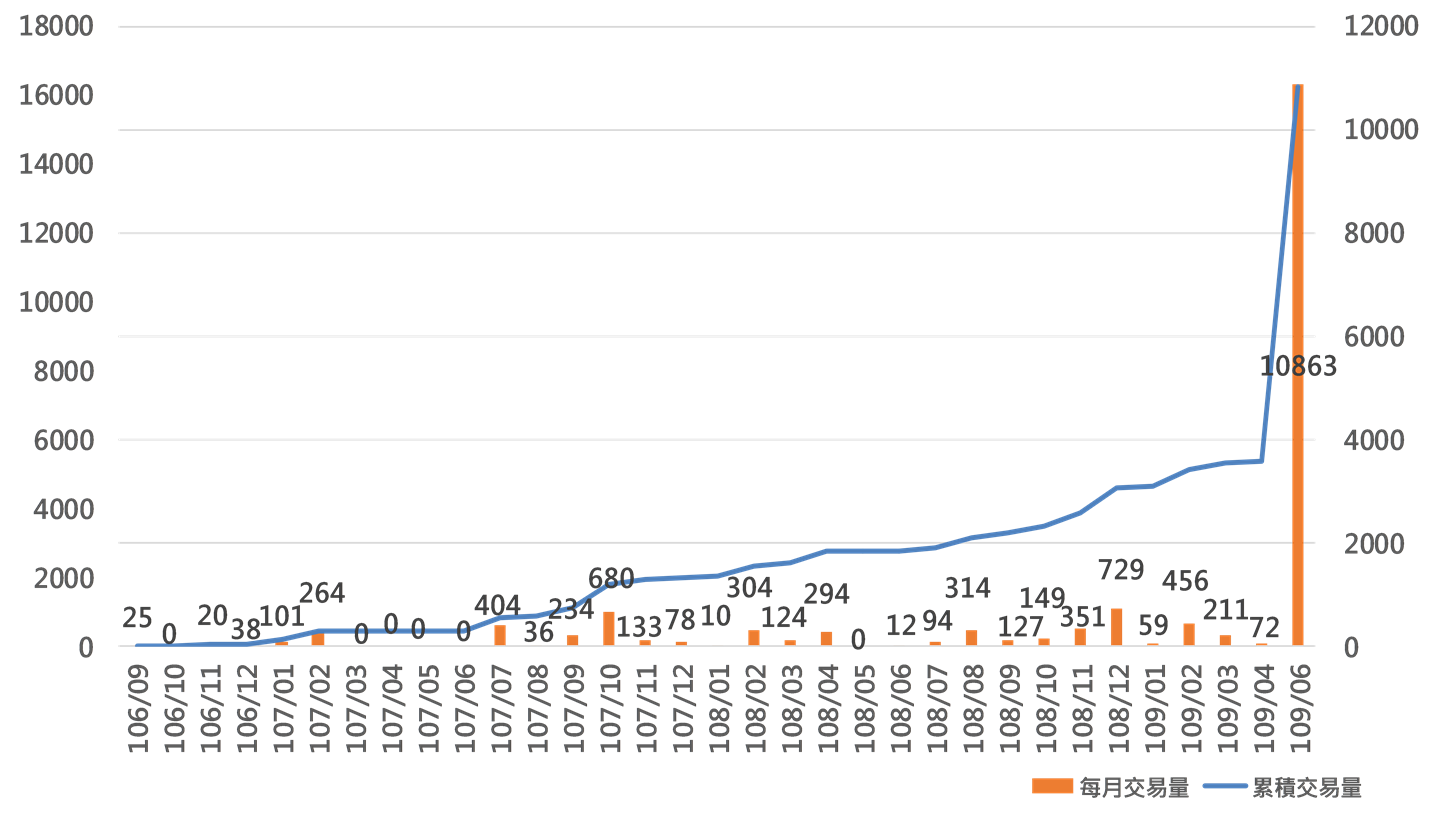Development of Taiwan Renewable Energy Certification (T-REC) Mechanism
In recent years, the Ministry of Economic Affairs (MOEA) has successively amended the Electricity Act and the Renewable Energy Development Act, opening up green power trading market in Taiwan. Enterprises can freely buy and sell renewable electricity through direct supply or wheeling; there are also more and more international green supply chains, electricity intensive users or companies pursuing social responsibility have begun to have an eye on the issue of purchasing green power.
The Bureau of Standards, Metrology, and Inspection (BSMI), MOEA announced the "Implementation Regulations Governing Renewable Energy Certificates" in 2017 to establish Taiwan's renewable energy certification mechanism. In the same year, the "National Renewable Energy Certification (T-REC) Center" and the "Renewable Energy Certificate (T-REC) Information Management Platform" were established, mainly responsible for the business of "application and management", “information registry and matching”, “tracking and auditing” and “domestic and international promotion” etc. The eligible applicant for T-REC is "renewable energy power generating enterprise" or "equipment setter of self-use renewable energy power generation", excluding the entity that participated Fit-in-tariff scheme and Greenhouse gas emission reduction credit exchange program.
T-REC, also known as the ID card of green electricity, is an exquisitely designed tool to represent the environmental attribute of certain amount of green electricity, by given the possession of renewable electricity and establish the tracking and declaration mechanism, for users to realize the use of environmentally friendly energy source. (Figure 1)

Figure 1 Use and declaration of T-REC
Since July 2017, the “domestic renewable energy certificate market transaction counsel pilot project” was initiated, to assemble voluntary suppliers, demanders and matching agents to participate in the renewable energy certificate market, for the purpose of testing market capability by pilot run transaction, transfer and management of renewable energy certificate market.
The boom of domestic green electricity starts from May 2020, the first and the second batch of renewable energy wheeling transactions have been completed. A total of 21 companies have participated, including 10 green power users, 13 green power generation enterprises and 4 green power retail enterprises, with a total installed capacity of nearly 377 MW, triggering an annual transaction volume of more than 800 million kWh.
By the end of December 2020, a total of 58,848 T-REC have been transferred (Figure 2), the industry that procuring the renewable energy includes semiconductor, electronic components, livelihood, telecommunications services, research institutions, real estate and legal service, etc.

Figure 2 Status of T-REC transaction
(Source: National Renewable Energy Certification Center)
In addition to supporting the green electricity market, the BSMI has also spared no effort in promoting global recognition of T-REC. Recognized by the internationally renowned carbon disclosure project (CDP), the U.S. Electronic Product Environmental Impact Assessment Tool (EPEAT) and the Renewable Energy Initiative RE100, T-REC is beneficial for Taiwanese companies to improve their competitiveness in environmental, social and corporate governance (ESG) evaluation, and increase the value of companies using renewable energy for sustainable investment.
In response to the energy transformation and the increasing demand for renewable energy procurement by enterprises, the Electricity Act and Renewable Energy Development Regulation were revised to foster the development of the renewable energy power trading market. In the future, the renewable energy certification mechanism will continue to cooperate with the government’s energy policies and related measures, learning from the experience of various countries in promoting renewable energy, to achieve the goal of energy diversification and independent supply and building green low-carbon environment.